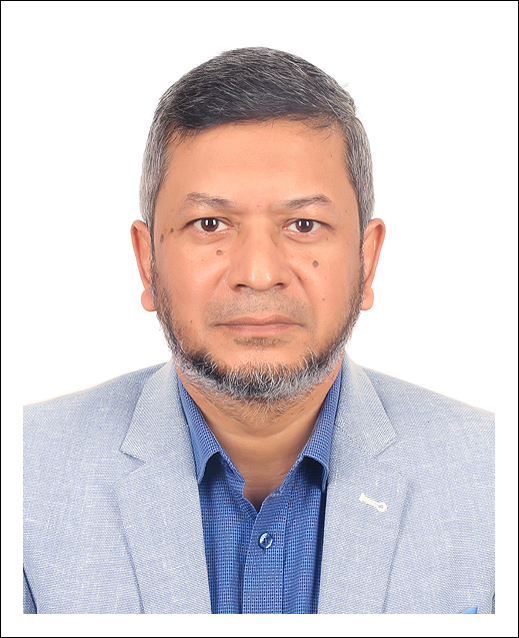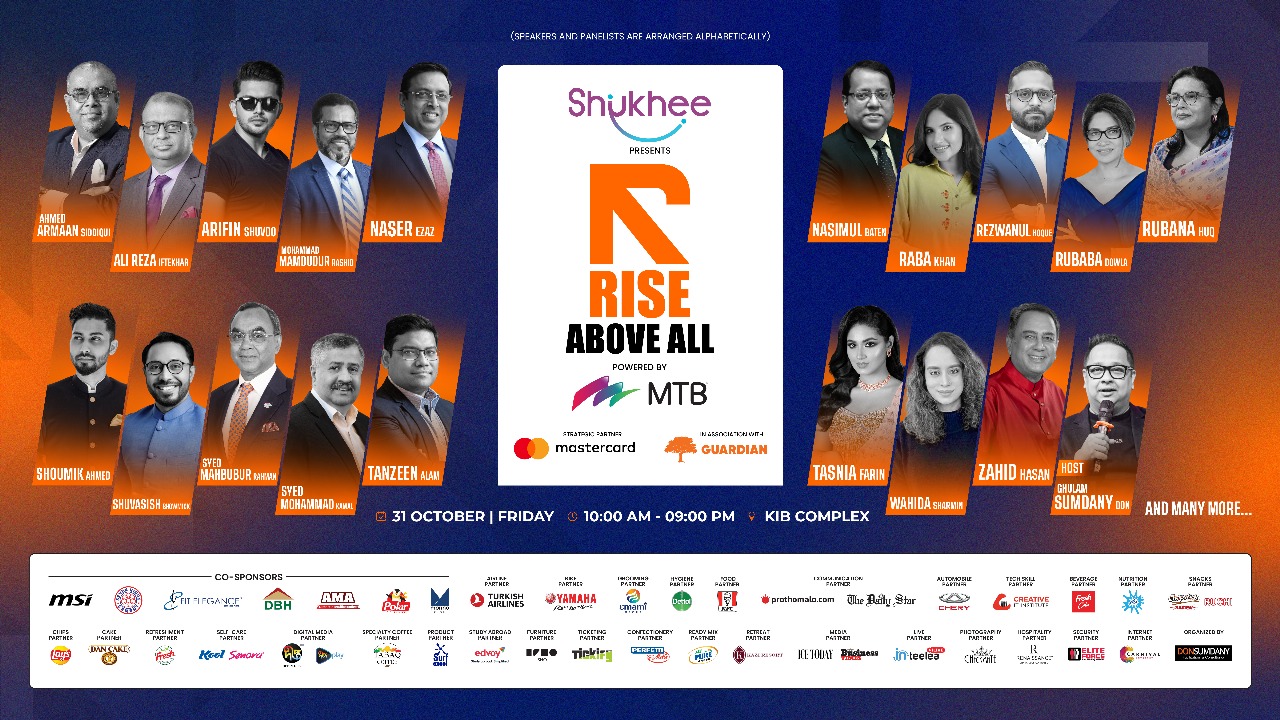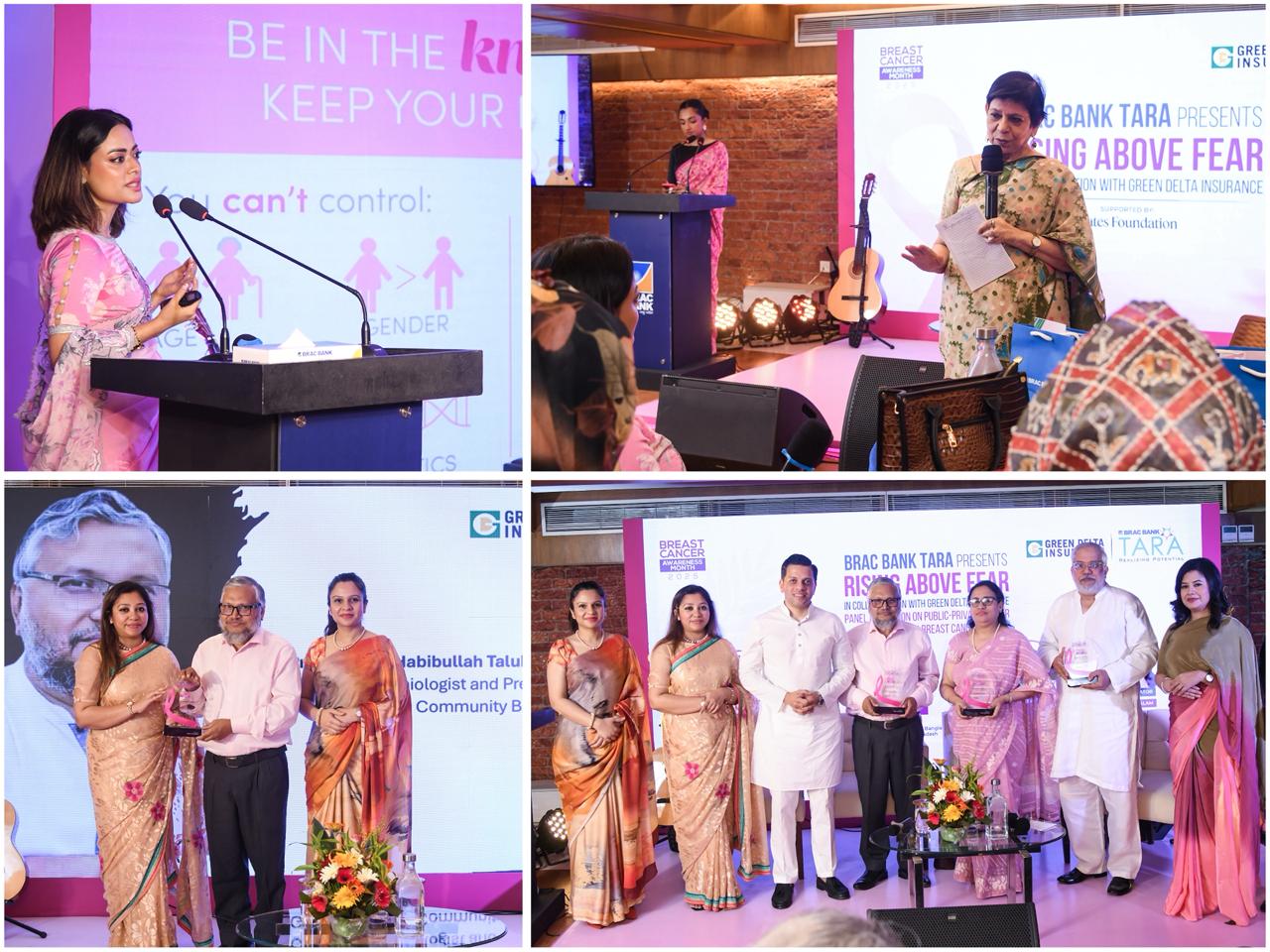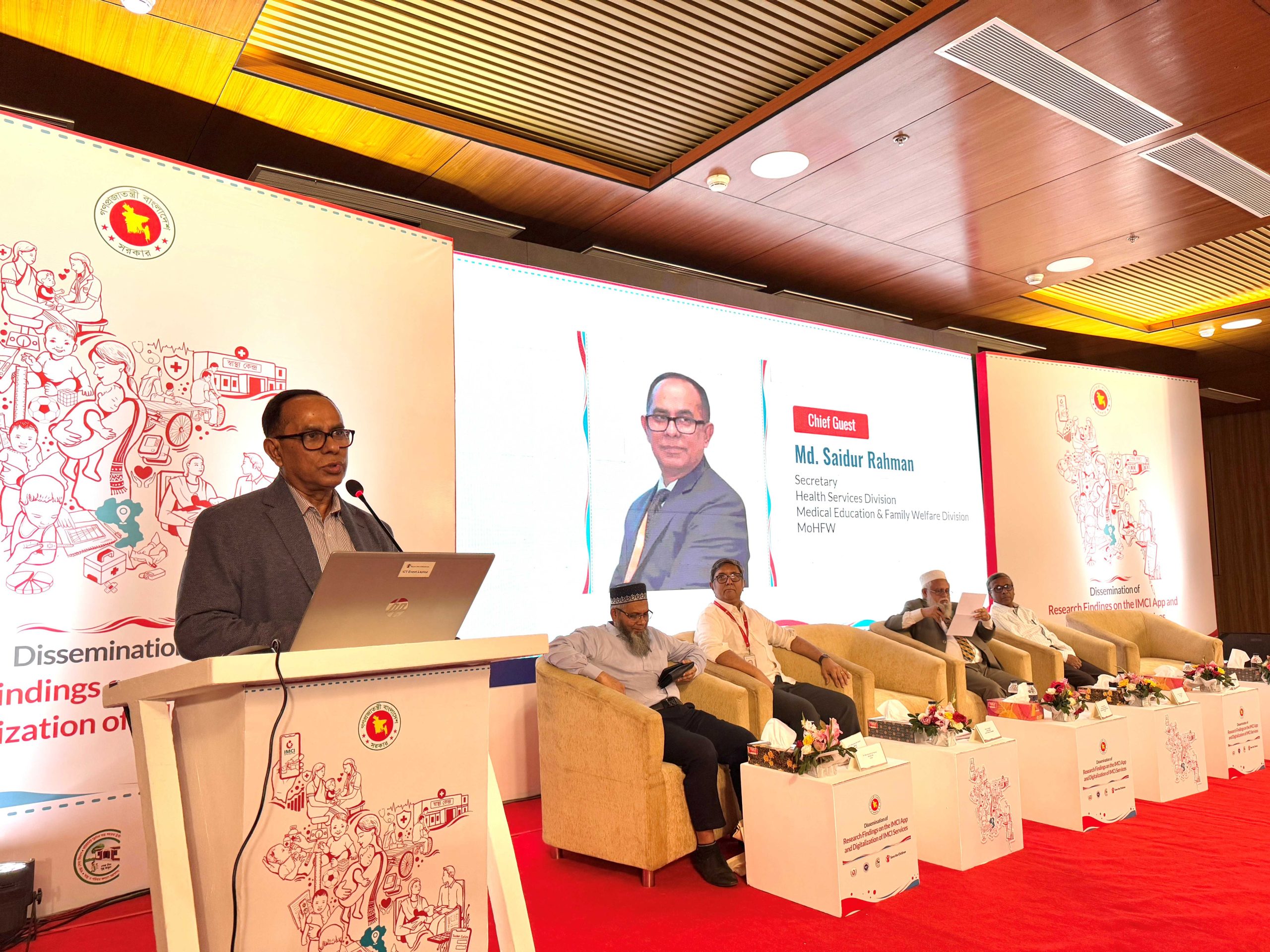A synopsis of Bangladesh’s esports community, chalked through revisiting the past and anatomising what its future holds.
Bangladesh is brimming with a vibrant youth populace who are passionate about tech, gadgets, computers and digital entertainment. Ever since personal computers started appearing in Bangladeshi households, a phenomenal surge has been witnessed in the popularity of esports – the competitive realm of video gaming. The transfiguration of the esports scene in Bangladesh has been remarkable, from its humble beginnings in LAN cafes to the current dominance on various online gaming platforms.
Gaming Cafes
While Bangladesh might not have been widely recognised for its gaming culture until recent times, it is certainly not a new phenomenon in the country. Established in 2003, BASS, the first gaming cafe sparked a thrilling cascade in the gaming sphere. In the subsequent year, 2004, an array of gaming zones like Club3, Assault, Blizzard, and Gamo emerged, providing gamers with several alternatives. These gaming cafes shortly transitioned into popular hangout spaces for youngsters, offering not just a platform to play video games, but a communal space to socialise, compete, and immerse themselves into the virtual worlds of their favourite games.
In the early days, gaming cafes were more than just venues for playing video games; they were vibrant hubs where friendly yet competitive battles unfolded, fueling the gaming community with spirited rivalries, debates, and competitions. The current generation players may not fully grasp the dedication of their older generations, who would spend hours at LAN cafes just to secure a slot for practice. These gaming cafes played host to numerous local tournaments, with classics such as Dhanmondi versus Gulshan or Banani versus Uttara, where players competed area-wise. At that time, ‘Counter-Strike 1.6’ stood as the primary competitive game, but with the release of the subsequent version, ‘Counter-Strike Source’, the player base began to shift.
Stepping Foot on the Global Stage
The Bangladeshi gaming industry has garnered acclaim and commendation for its exceptionally skilled individuals and immense potential. In 2008, ‘Xtreme Lungiz’ secured victory in the national qualifier of the game, ‘Counter-Strike’, at the World Cyber Games (WCG) held in Germany, becoming the first team to proudly represent the country on the international stage. Shafiee Rahaman, the owner of Redviperz Gaming, demonstrated his gaming acumen at the same event, representing Bangladesh in the game, ‘Need for Speed’. In 2009, AgaReaperRafsan became the first Bangladeshi to advance to round 16 of a world championship platform (WCG), as a competitor in the game ‘Starcraft’. These achievements underscore not only the individual talents but also the rising competitive spirit within the Bangladeshi gaming community, signalling the industry’s potential for further growth and recognition on the international stage.
The Old School Passion
Recall the days when the simple joy of winning was the ultimate trophy in gaming? Now, it’s all about high stakes, lucrative deals, and esports fame. In the current sports scenario, players seem more inclined to hop from team to team, rather than commit to a single team and strive for victory. This prevalent trend has shifted the focus away from the core pursuit of winning, marking a significant departure from the past. The transition from gaming-for-passion to gaming-for-profit has inevitably altered the gaming ecosystem. While some embrace this change as a sign of progress and professionalisation, others yearn for simpler times when gaming was a sanctuary for pure enjoyment.
Back in the day, competitive gaming was more than just a pastime; gamers thrived on the adrenaline rush of competition, the thrill of mastering every level, and the sheer joy of exploring new realms. The passion was visible – hours melted away effortlessly while glued to the screen, fueled by enthusiasm and a genuine love for the craft. We must acknowledge that aggressively prioritising monetisation can detract from the creative and immersive aspects of gaming, reducing it to a mere means to an end.
Current Scenario
Over the years, the gaming industry in Bangladesh has undergone a substantial transformation. However, the love for gaming among locals remains strong. Popular games like Counter-Strike, Dota 2, FIFA, Valorant, Rainbow Six Siege, and Mobile Legends: Bang Bang continue to enjoy widespread popularity, offering not just entertainment but also avenues for competitive growth and skill development.
Various gaming tournaments have highlighted the nation’s fervour for gaming. However, the average prize pool for esports tournaments remains quite low, ranging from BDT 20 to 40 thousand, primarily due to a lack of investment in the gaming sector. Recently, some organisations have made notable strides to advance the esports arena. For instance, in the latest D1 Cup season 2 powered by Bkash, ‘Discovery One’ offered an impressive BDT 40 lakh prize pool, igniting a vigorous competitive spirit among gamers and pushing the local gaming scene to greater heights. The tournament featured popular games such as Counter-Strike: Global Offensive, Valorant, and Mobile Legends: Bang Bang. While large esports organisations have taken modest steps towards advancing esports in the country, more considerable efforts are required.
Recognition
Gaming has long been popular in Bangladesh, but it didn’t gain industry recognition until the ascent of mobile gaming. The high cost of computer components in the country steered most individuals toward mobile gaming as a more cost-effective alternative. Moreover, the rising popularity of mobile gaming has not only heightened the profile of gaming but also broadened accessibility to a wider demographic, reaching those previously excluded from traditional gaming. The convenience and accessibility of mobile games have served as a catalyst, encouraging the masses to embrace gaming culture.
THE ESTABLISHMENT OF BYDESA (BANGLADESH YOUTH DEVELOPMENT & ELECTRONIC SPORTS ASSOCIATION) HAS BEEN INSTRUMENTAL IN ORGANISING LOCAL ESPORTS TOURNAMENTS, FORMING NATIONAL ESPORTS TEAMS, AND ADVOCATING FOR GOVERNMENT RECOGNITION OF ESPORTS IN BANGLADESH.
In tandem with technological advancements, the LAN culture, once a defining feature of the esports domain, has gradually waned. Many in today’s player base have never even tasted the camaraderie of a gaming café. Sadly, the online era provokes detachment among players, often lacking a sense of mutual connection beyond their egos. Hence, the current gaming community in this digital age, grapples with sustaining genuine connections and mutual support, extending beyond individual gaming experiences. The impact of this abysmal phenomenon has been felt acutely in the offline world, as a majority of gaming cafes – once thriving hubs for socialising and competitions, have shuttered. Only a handful persist, reinforcing the challenges faced by the gaming community in preserving the social fabric that once defined the offline gaming experience.
Local Esports Landscape
Esports has experienced tremendous growth in recent years, transpiring as a universal marvel with a massive player base and a thriving industry. While the Bangladeshi esports community exhibits potential for industrial growth, it currently lags behind neighbouring countries in terms of infrastructure, recognition, and overall development. In comparison to countries like India, China, Pakistan and Sri Lanka, Bangladesh has considerable ground to cover. These neighbouring countries have made major strides in promoting and regulating esports, establishing organisations dedicated to esports, hosting major international tournaments, and acquiring substantial investments.
Despite Bangladesh’s obstacles, there are promising indicators of progress, including a growing number of esports enthusiasts, local tournaments, and initiatives focused on promoting esports education and training. The establishment of BYDESA (Bangladesh Youth Development & Electronic Sports Association) has been instrumental in organising local esports tournaments, forming national esports teams, and advocating for government recognition of esports in Bangladesh. A non-profit organisation, BYDESA is dedicated to regulating and promoting esports across the country, creating more international opportunities for esports enthusiasts in Bangladesh.
Red ViperZ Gaming (RV), a prominent esports organisation with a rich history in Bangladesh since its founding in 2008, has been at the forefront of advancing the esports industry in the region. The organisation takes a proactive stance in nurturing young talent through the initiation of academy programs that offer comprehensive coaching in popular games like Counter-Strike, Valorant, and Apex Legends. These programs are designed to equip young players with the essential skills and knowledge to excel in their chosen games. Through mastering the art of aiming, strategizing, or effective communication, RV Academy is dedicated to supporting young players in reaching their full potential, encouraging them to transform their passion into a profession.
Paving the Path for Future Growth
To bridge the gap with its neighbouring countries and accelerate the development of the esports industry nationwide, the Bangladesh government should officially acknowledge esports as a legitimate sport, and subsidise esports organisations and events. Concurrently, there is a need to establish esports education and training programs aimed at nurturing and developing professional esports players and coaches.
Furthermore, the government should provide incentives to encourage gaming and esports organisations to invest in Bangladesh, as such initiatives can potentially create job opportunities and drive innovation in the country’s economy. Collaborating with international esports organisations to host major tournaments within the country is also crucial. This initiative will not only attract international players but also garner global exposure, firmly establishing Bangladesh on the map in the regional esports landscape.
Although the Bangladeshi gaming community grapples with changes, it remains united by a shared passion for gaming, offering a glimpse into a future where Bangladesh can carve its niche in the global esports landscape.
















